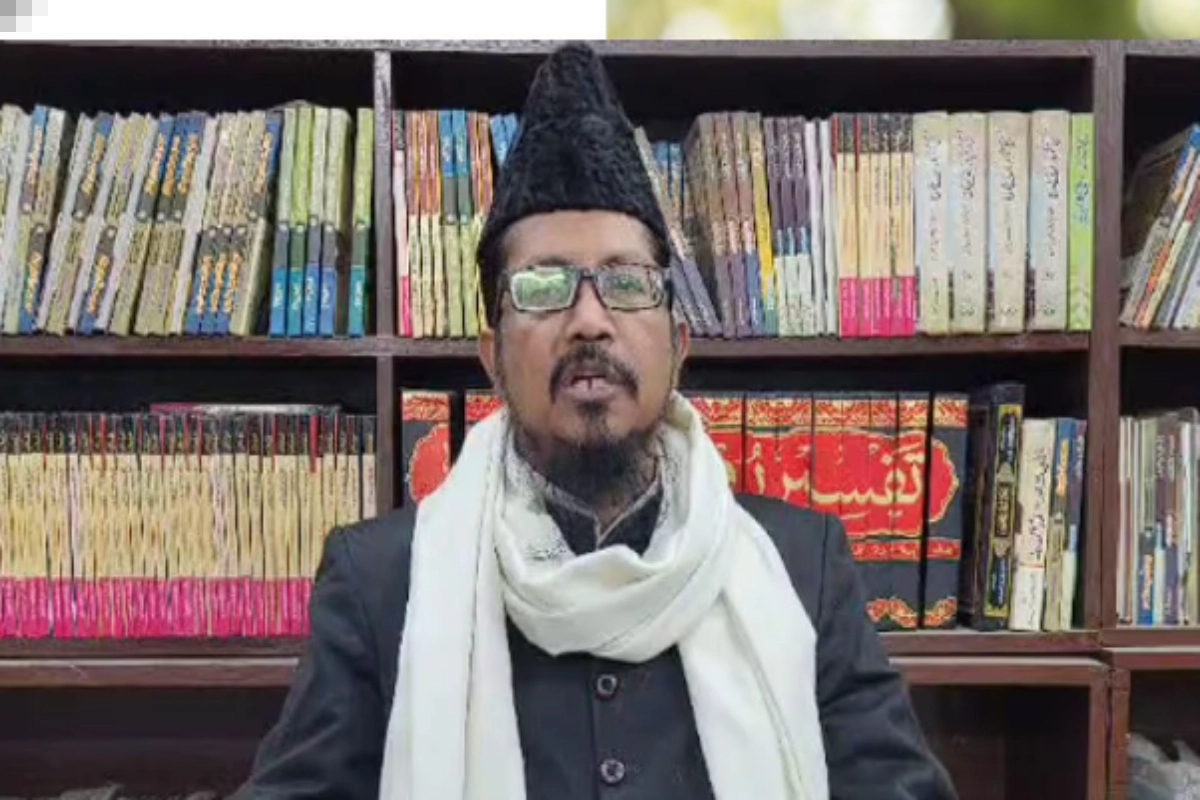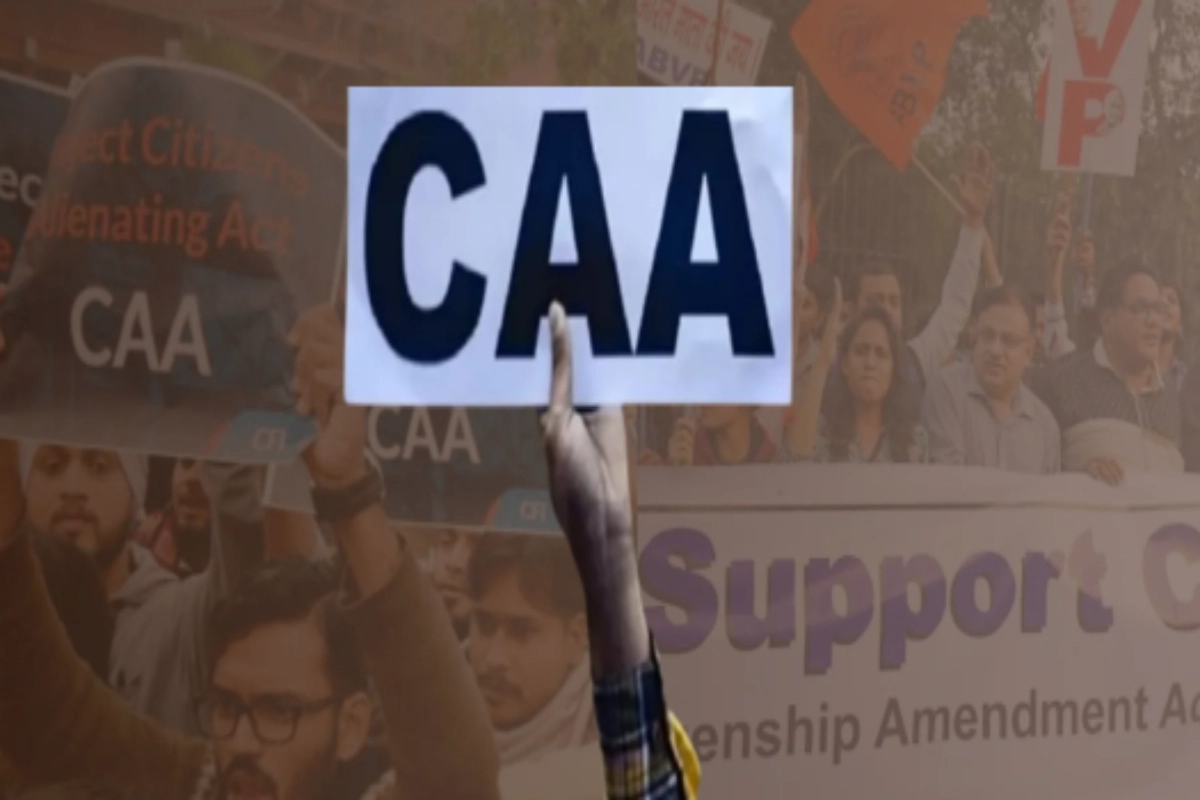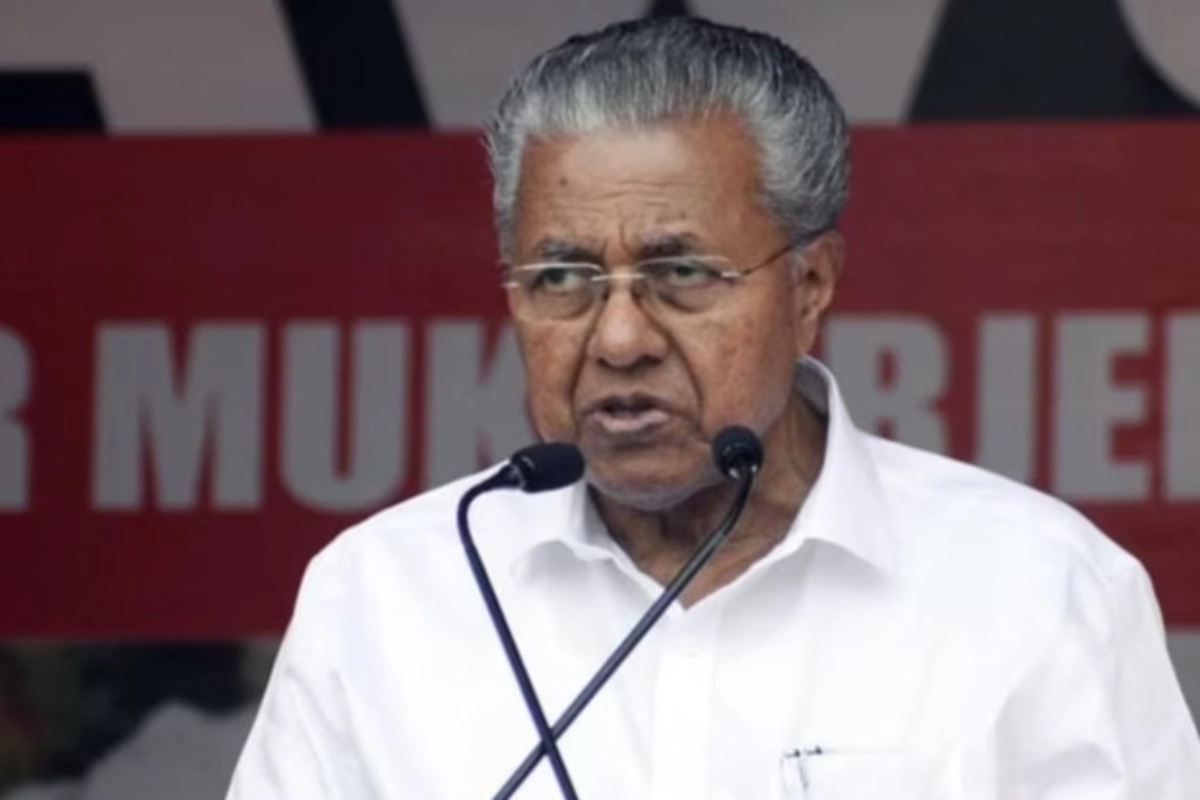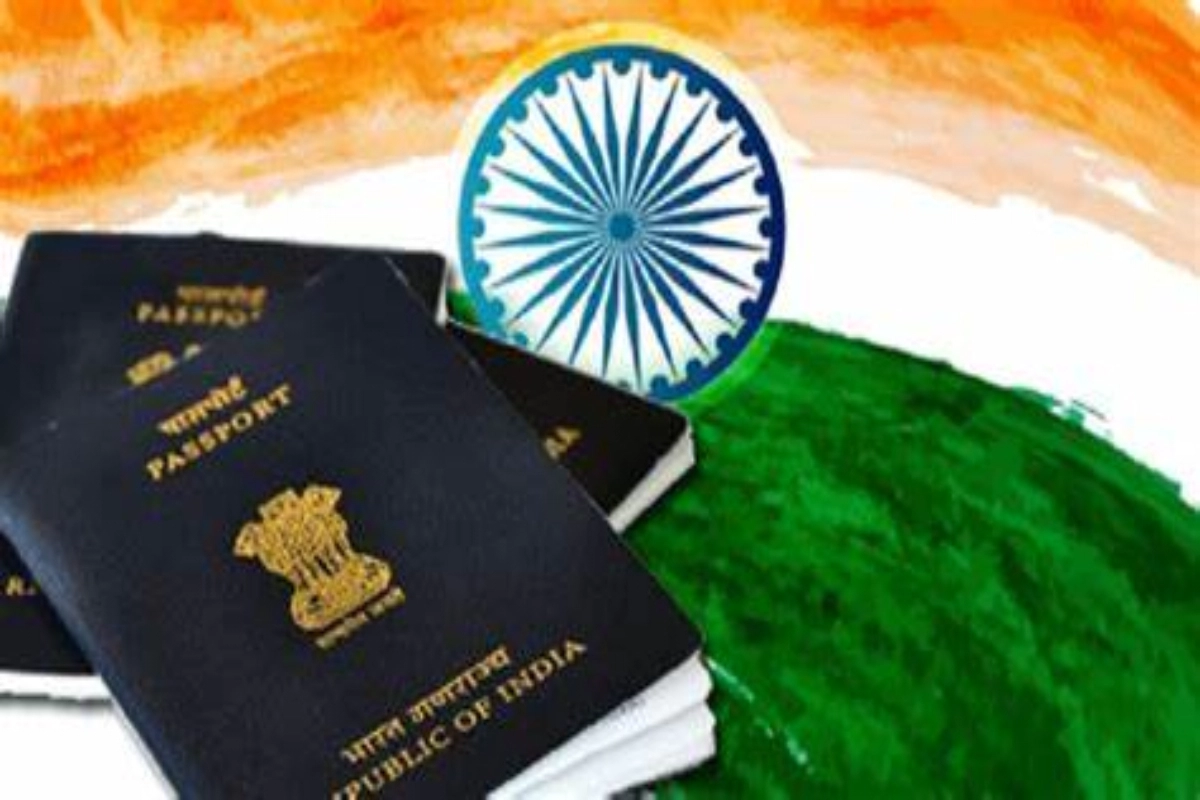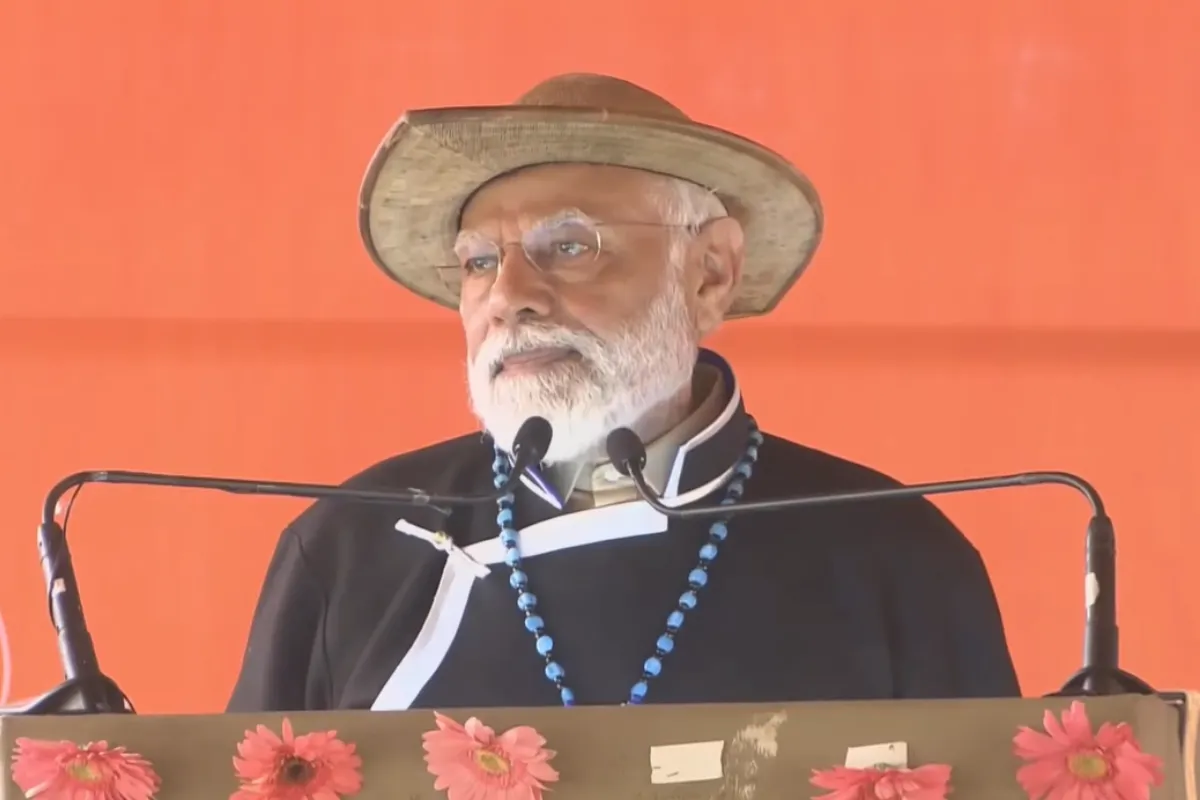Citizenship Amendment Act: The Citizenship Amendment Act (CAA) was put into effect by a notification released by the national government on Monday. While BJP supporters are happy with the government’s decision, the opposition has started to speak out against it on this matter.
Examining the Alleged Political Motivations
Congress referred to the CAA’s implementation immediately before the elections as “divisionist politics.” According to Congress, CAA encourages discrimination and goes against the fundamental tenets of the Indian Constitution.
A Positive Stance on CAA Implementation
President of the All India Muslim Jamaat, Maulana Shahabuddin Razvi Bareilvi, comments on the CAA notification, “The Govt of India has implemented the CAA law. I welcome this law. This should have been done much earlier… There are a lot of misunderstandings among the Muslims regarding this law. This law has nothing to do with Muslims. Earlier there was no law to provide citizenship to the non-muslims coming from Pakistan, Afghanistan and Bangladesh who faced atrocities based on religion… Hence this law has been made… Crores of Indian Muslims will not be affected by this law at all… This law is not going to take away the citizenship of any Muslim… In the past years, it has been seen that there were protests, it was because of misunderstandings. Some political people created misunderstandings among the Muslims… Every Muslim of India should welcome the CAA…”
What is Citizenship Amendment Act?
Under the Citizenship Amendment Act (CAA) of 2019, undocumented immigrants from Afghanistan, Bangladesh, and Pakistan can now get Indian citizenship. People who have fled religious persecution in India are the target of the CAA’s protection efforts.
The CAA applies to six religions: Hindus, Sikhs, Buddhists, Jains, Parsis, Christians.
Applicants must have entered India on or before December 31, 2014, in order to be eligible for citizenship. Additionally, the CAA reduces the number of years that these migrants must remain in order to be naturalised from eleven to five.
Members of the specified non-Muslim religious groups are not required by the CAA to present any documentation of their persecution. It does not, however, include Muslim minority groups like Ahmadi and Shi’a Muslims, who have endured harsh discrimination in Afghanistan and Pakistan because of their religious beliefs.
Why Muslims are worried on Citizenship Amendment Act?
Some Muslims fear that they may be declared illegal immigrants from Bangladesh and have their Indian citizenship revoked as a result of the CAA. Some fear that the 200 million Muslims in the nation could be persecuted if the CAA is used in conjunction with a planned national registry of residents. People of various faiths staged widespread rallies in 2019 against the law, claiming it compromised India’s secular foundations.


